Your Adventure Starts Here
There’s nothing quite like seeing a Bean Trailer in person. Schedule your showroom visit today and discover the perfect model for your next adventure. We can’t wait to welcome you to our Salt Lake City location!
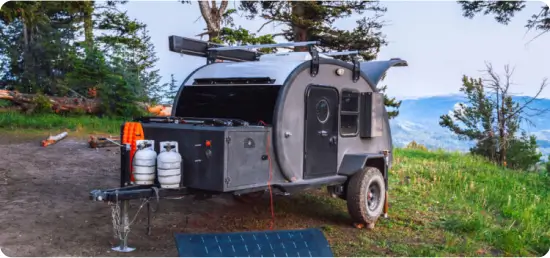
Explore our lineup of rugged Bean Trailers, designed and built in Utah to conquer tough terrains while offering refined comfort. Don’t be fooled by their charming design—these trailers are engineered to handle any adventure, combining fiberglass durability with off-road capability for generations of outdoor enjoyment.
Bean Stock is affordable, lightweight, and capable. This trailer is made to enjoy the great outdoors without the hassle of tent camping.
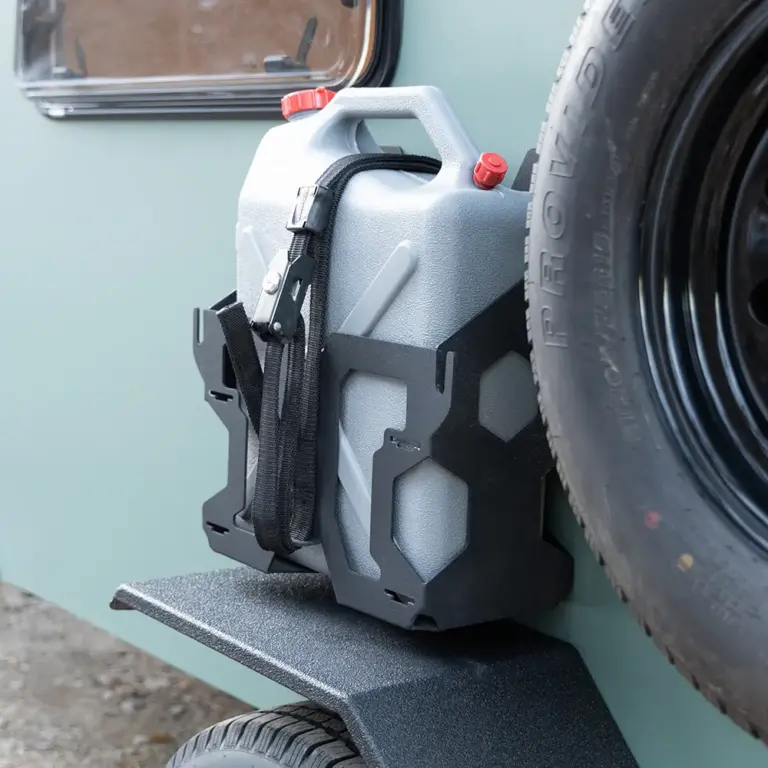
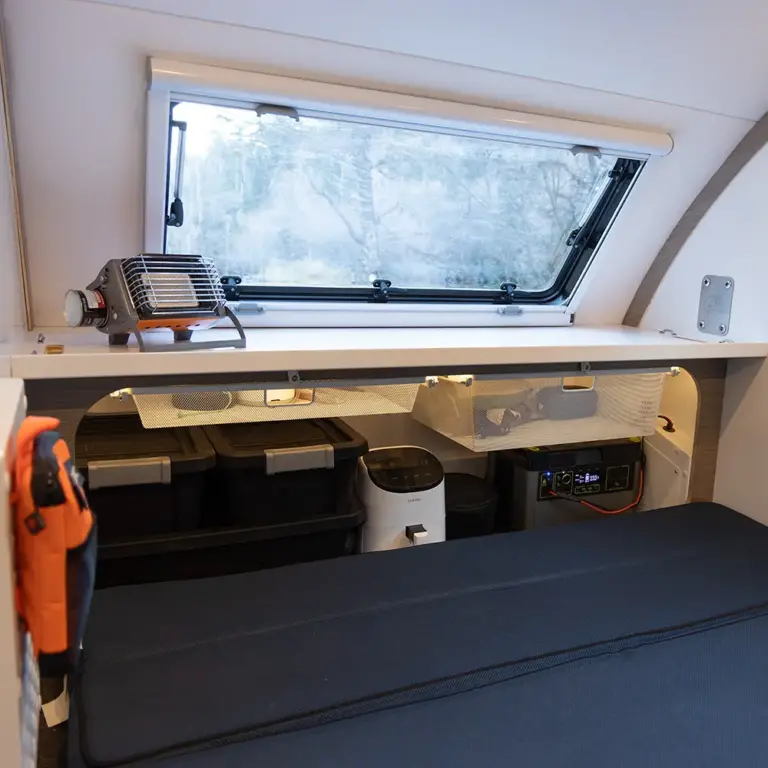
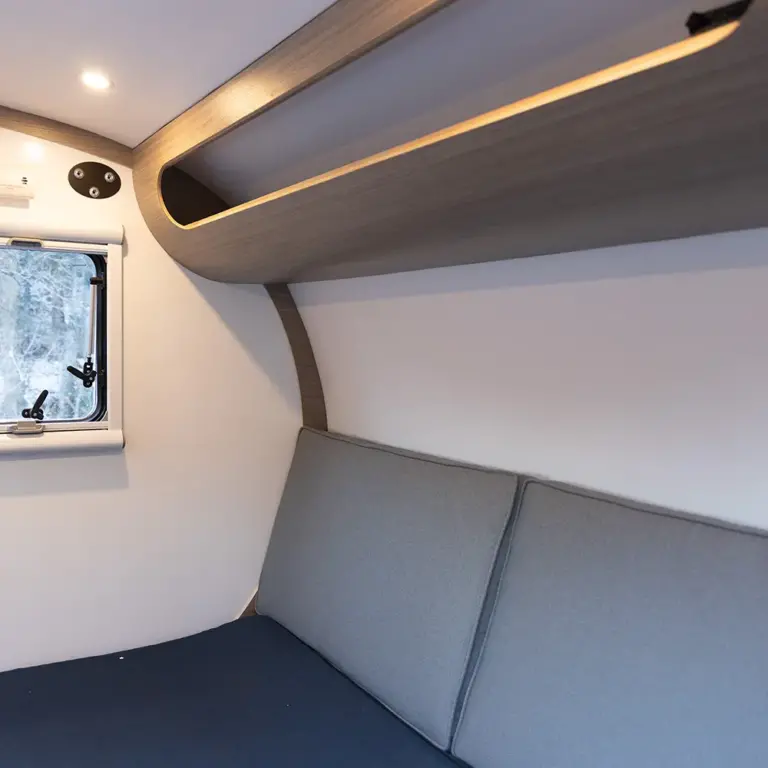
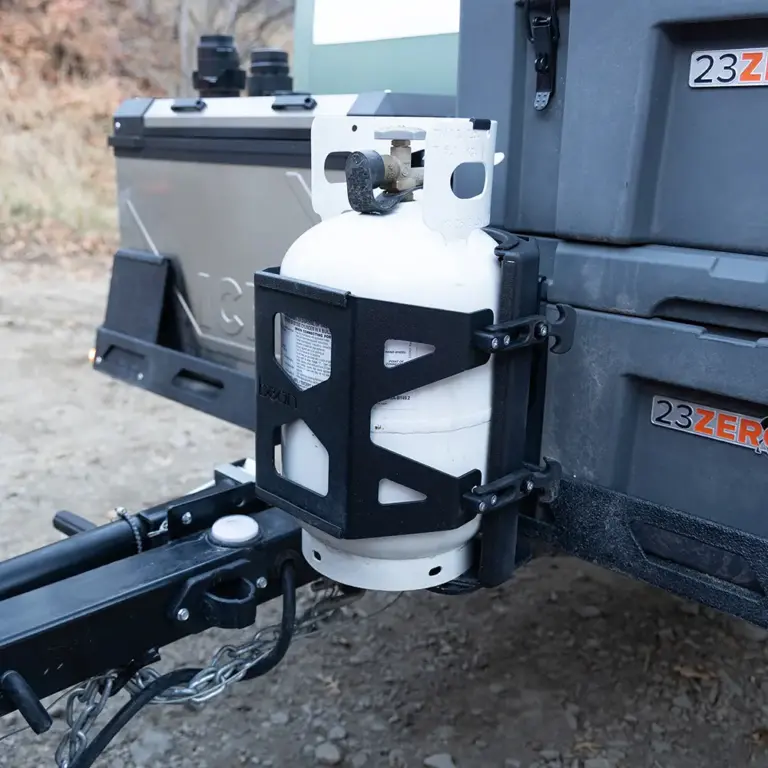
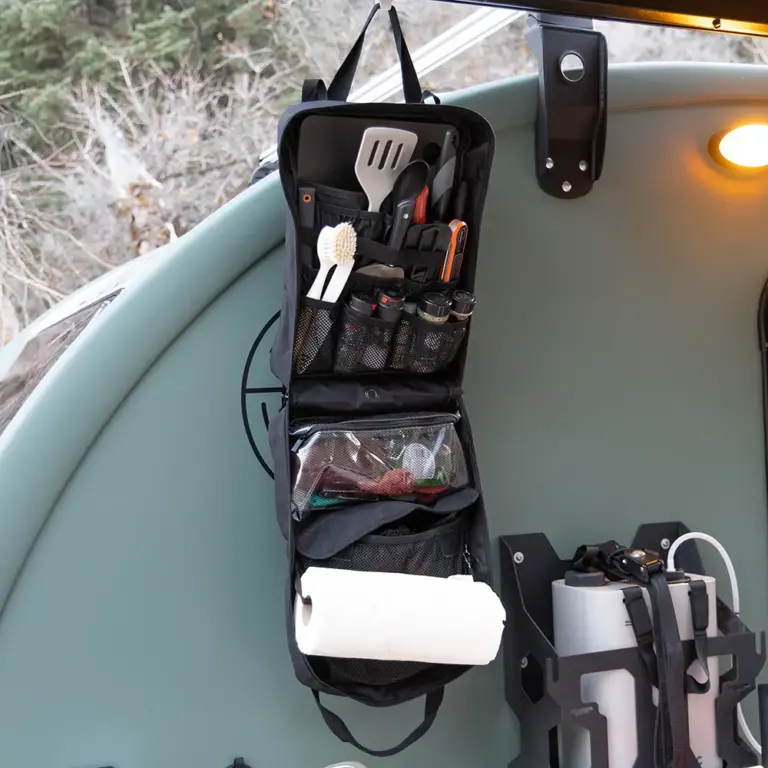
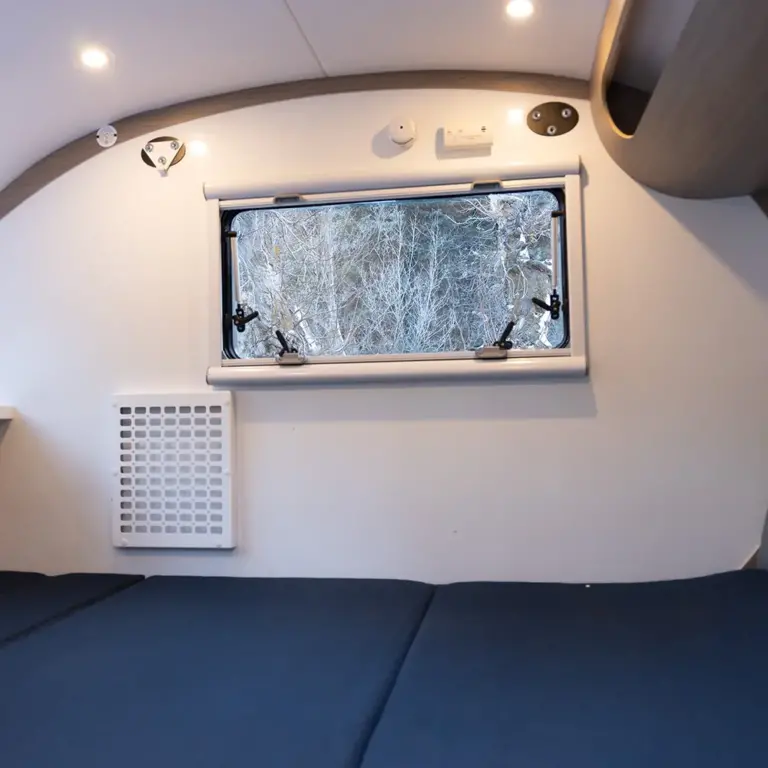
This model is all about road trips, tailgates and beachside sunsets! This durable roadster camper makes it easy to get out and explore.
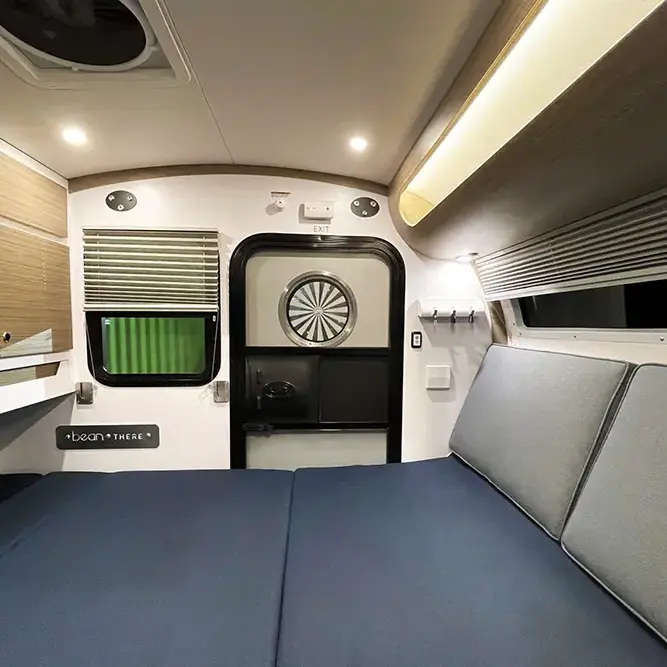
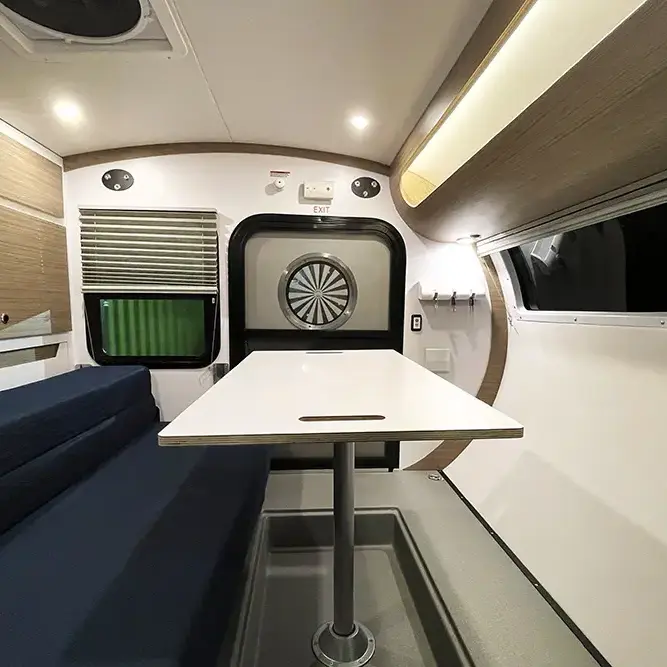
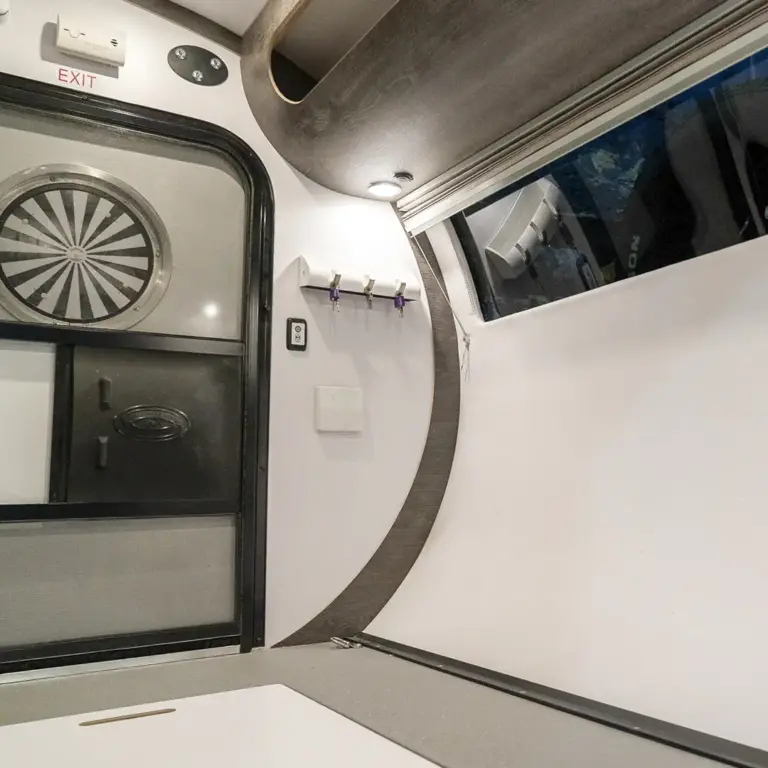
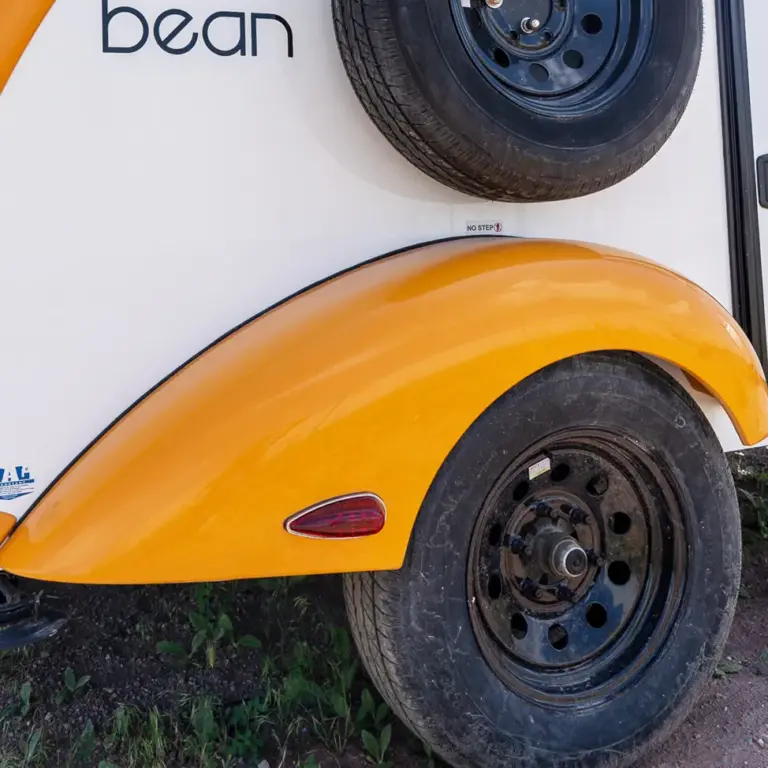
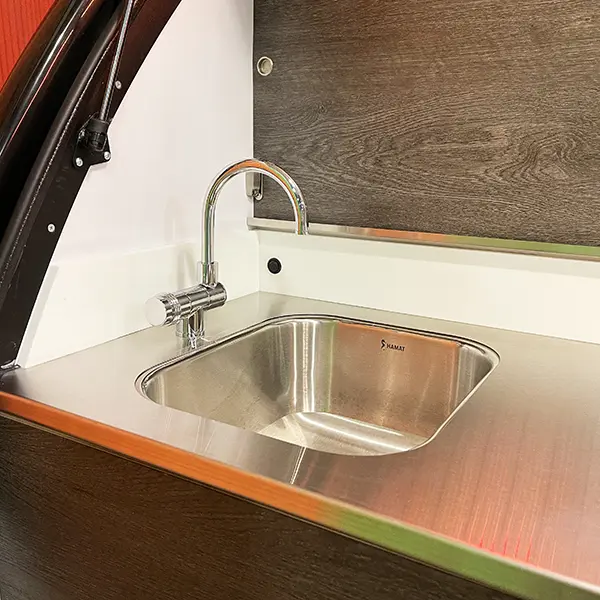
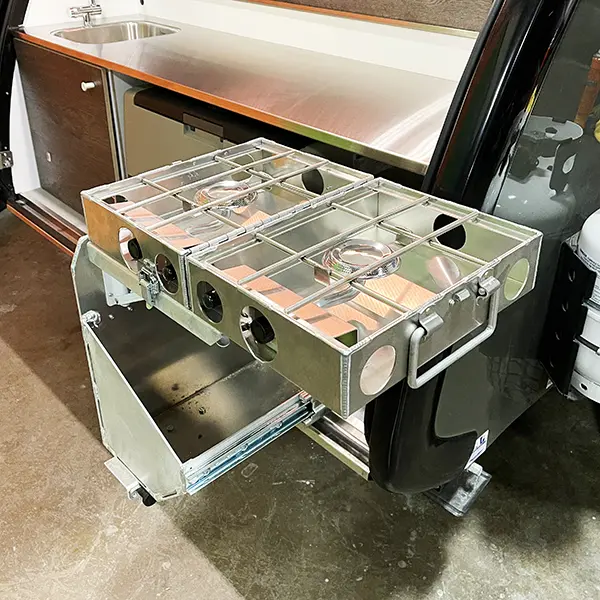
Mean Bean is for the rugged adventurer looking to go off-road and take their camping trips to the next level with greater safety and comfort.
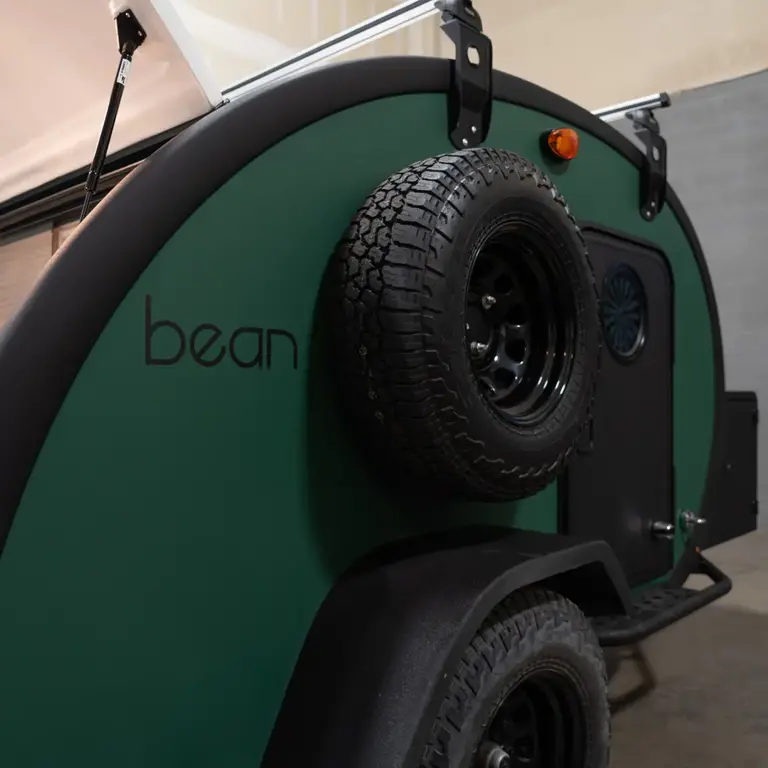
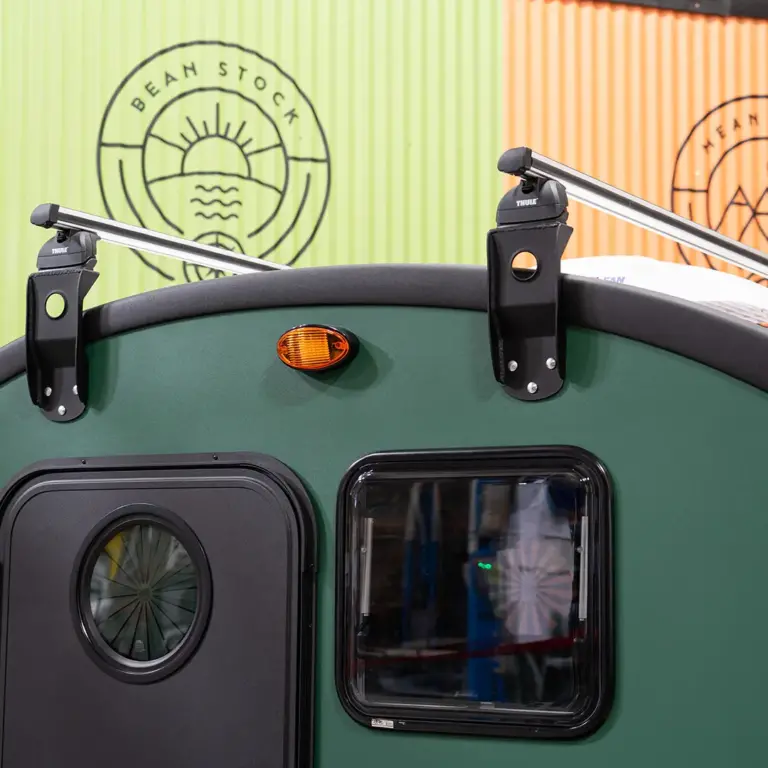
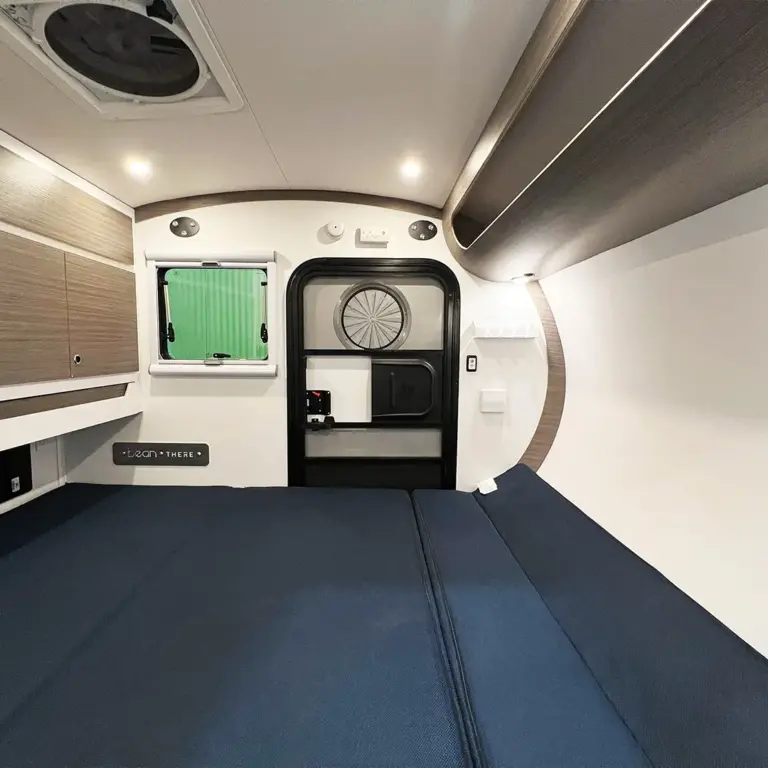
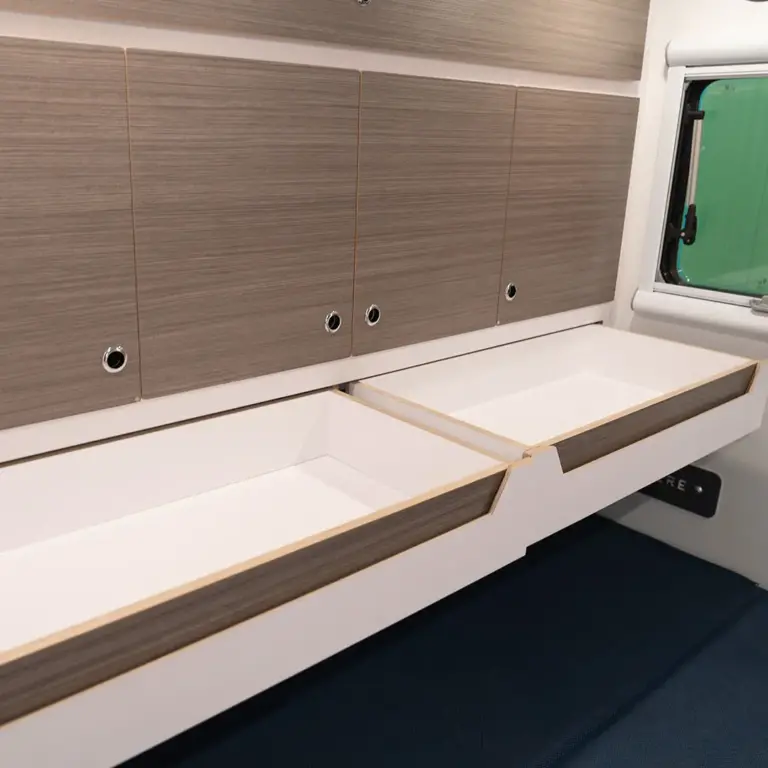
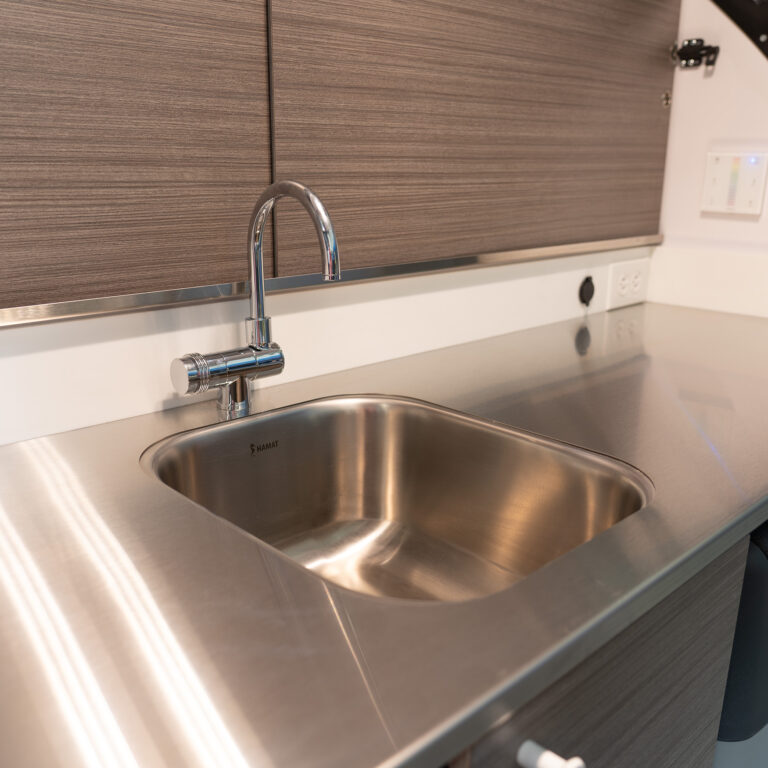
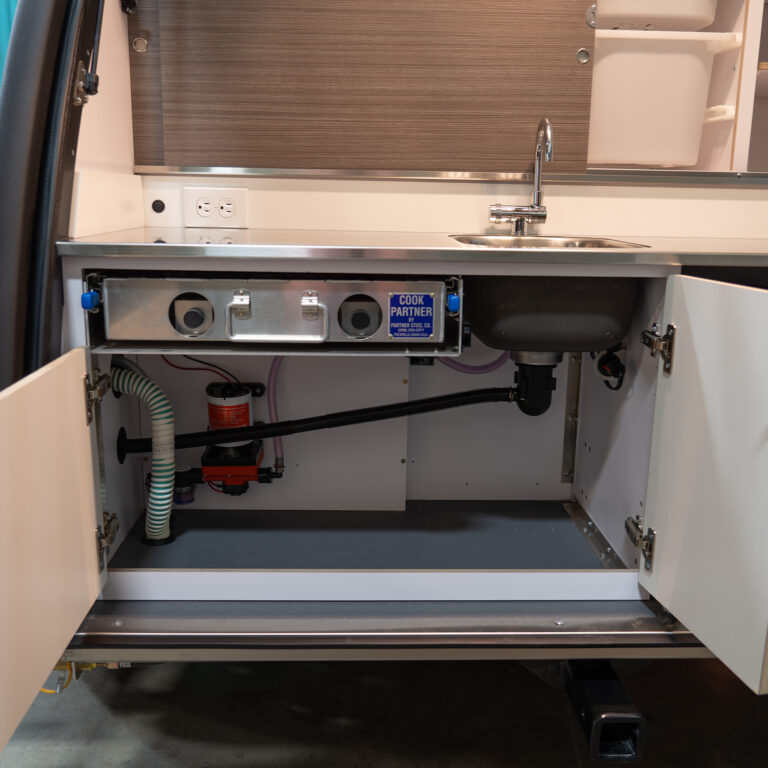
Meaner Bean offers a great balance between off-road capability and comfort. This model includes a Timbren 3500 lb. HD independent suspension.

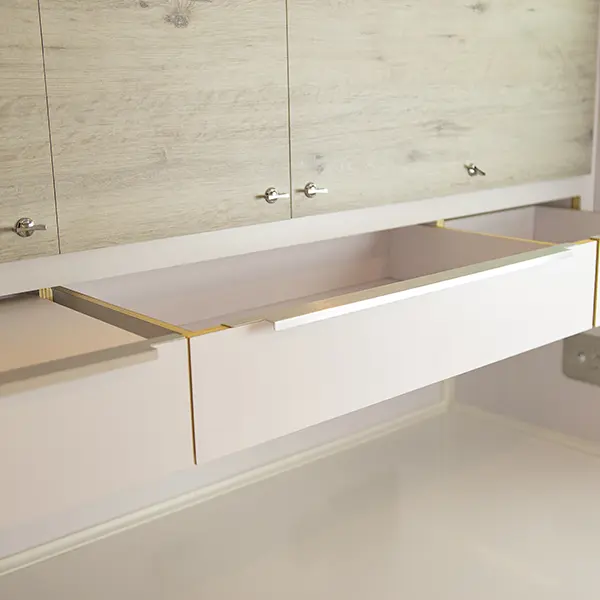


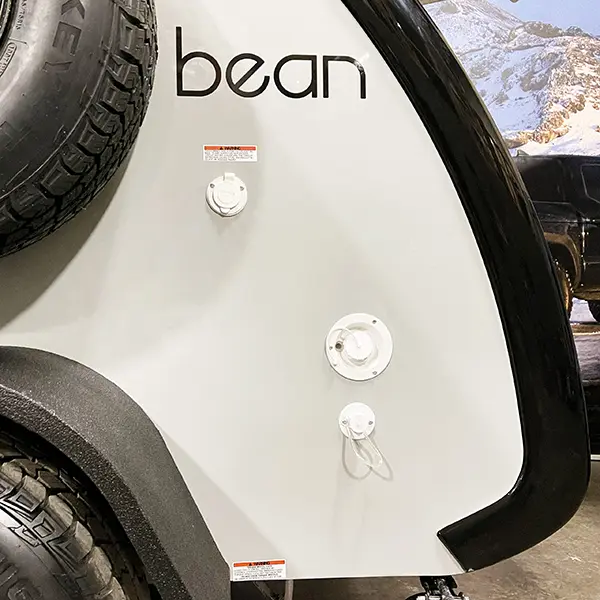
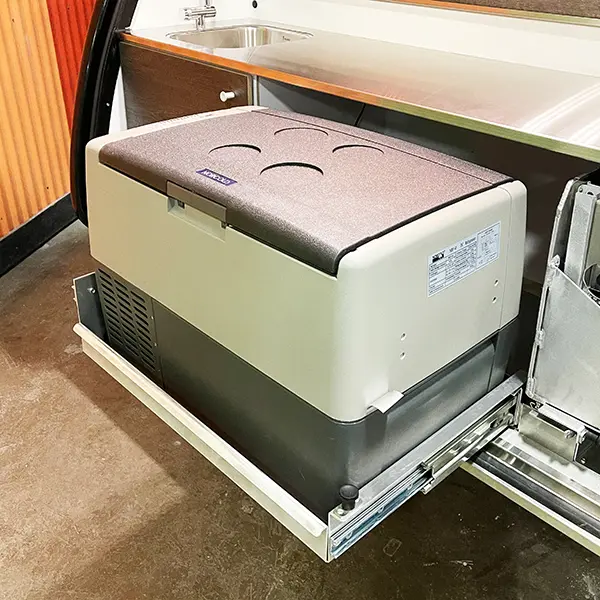
Black Bean is our most premium and off-grid capable teardrop trailer yet. This trailer continues the tradition of functional design and quality construction.
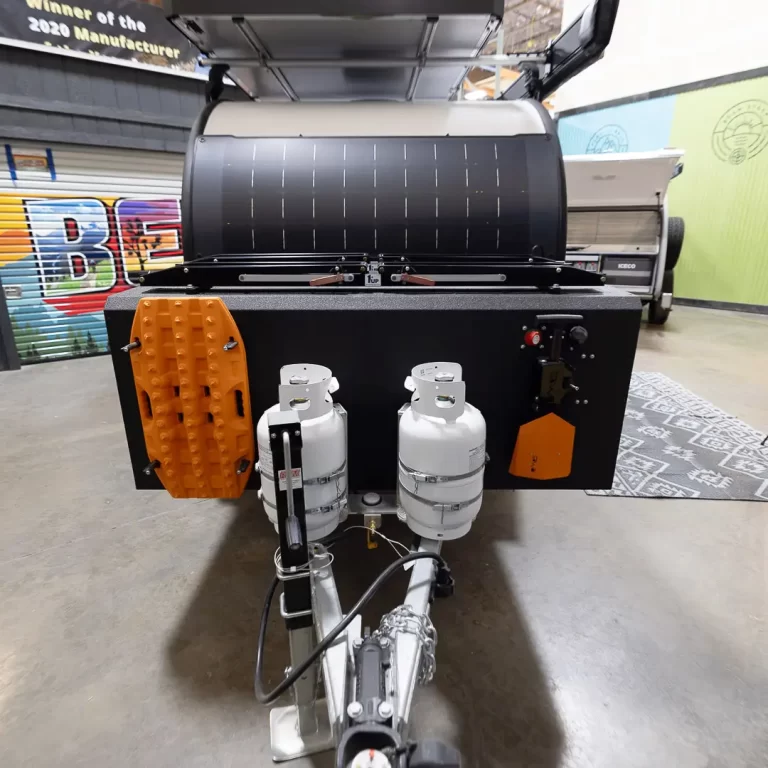
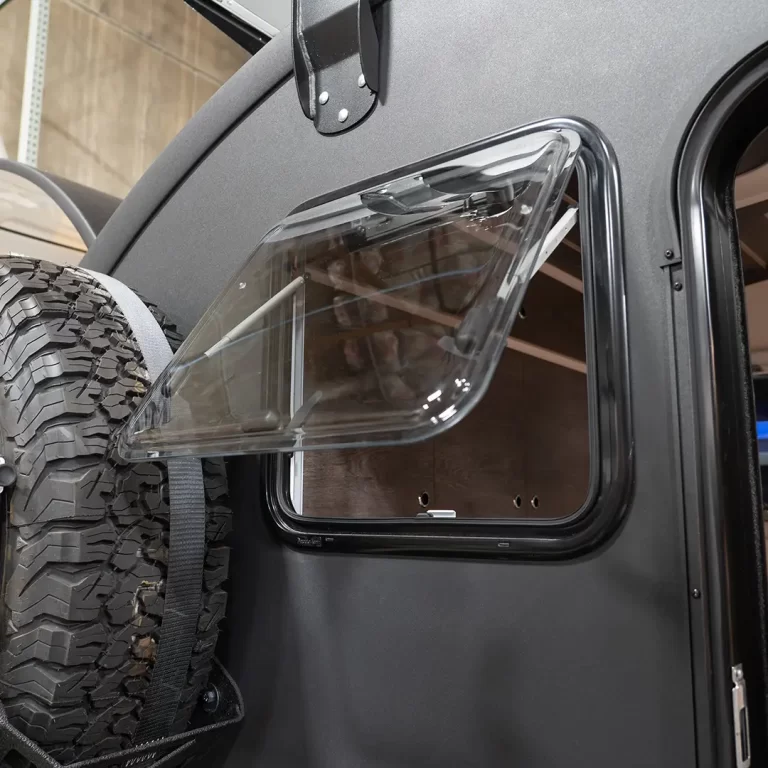
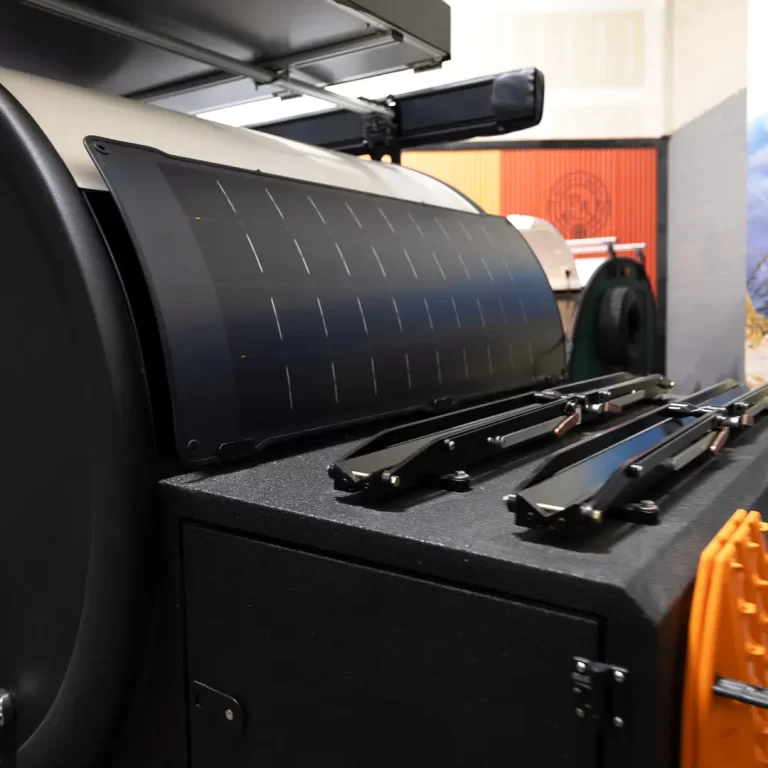
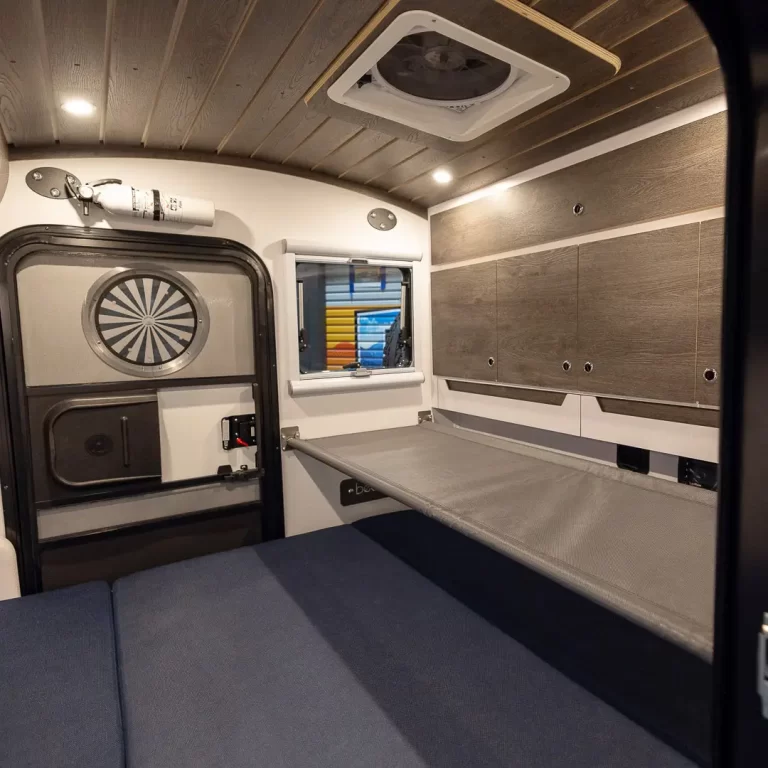
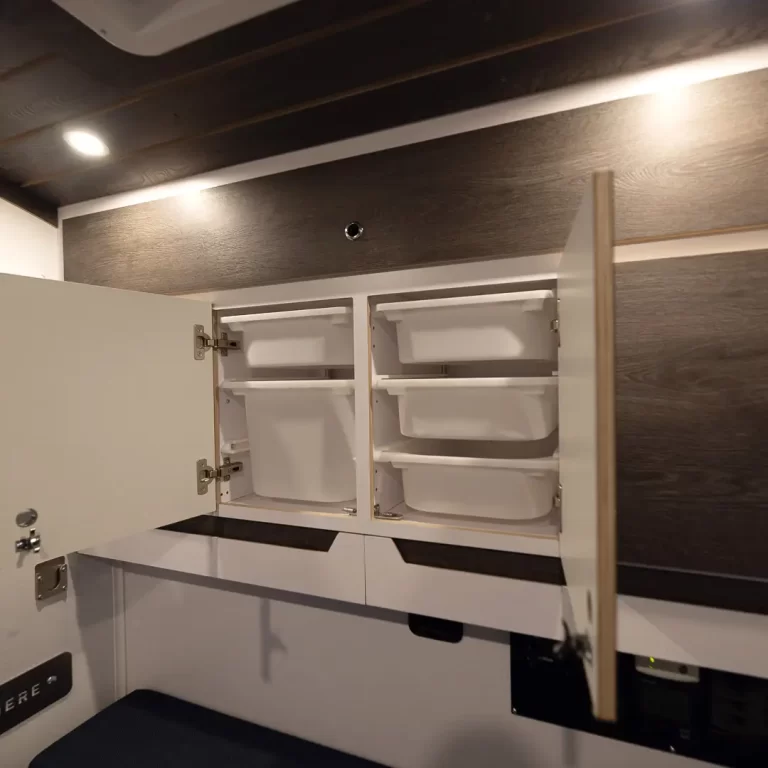
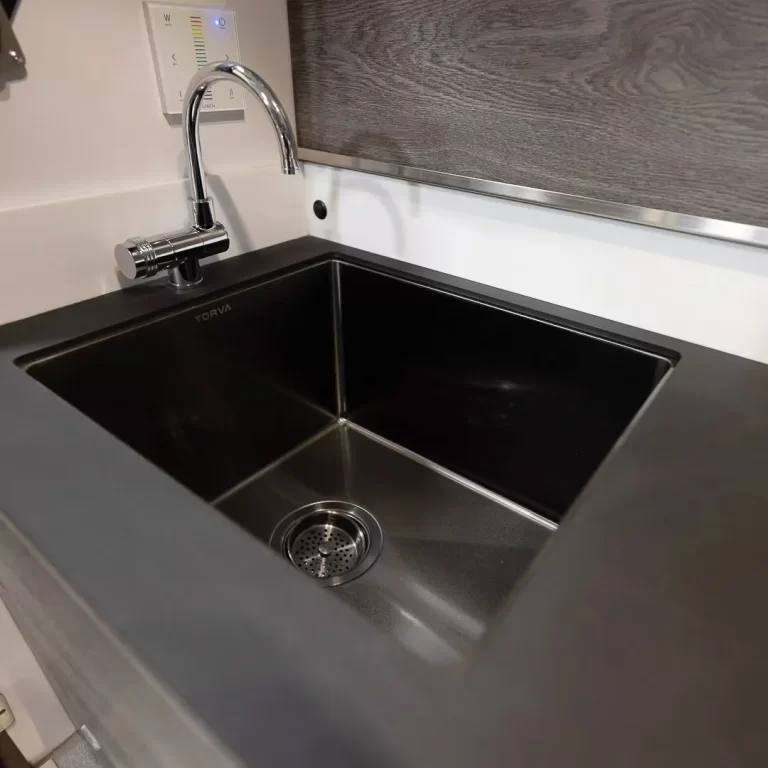
Bean Stalker is a value-oriented trailer designed by experienced off road campers for off grid camping. It includes a Timbren 3500 lb HD independent suspension.
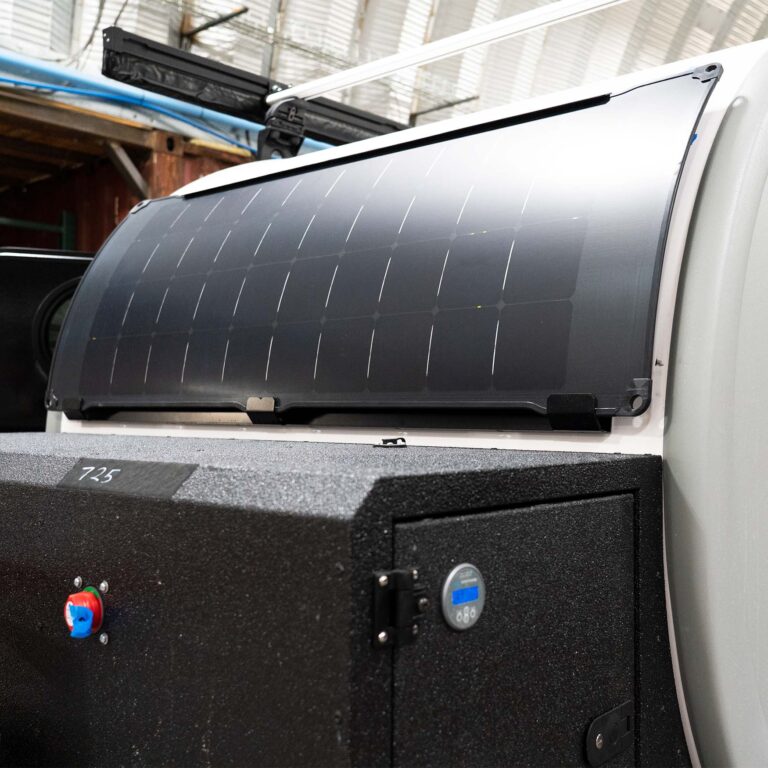
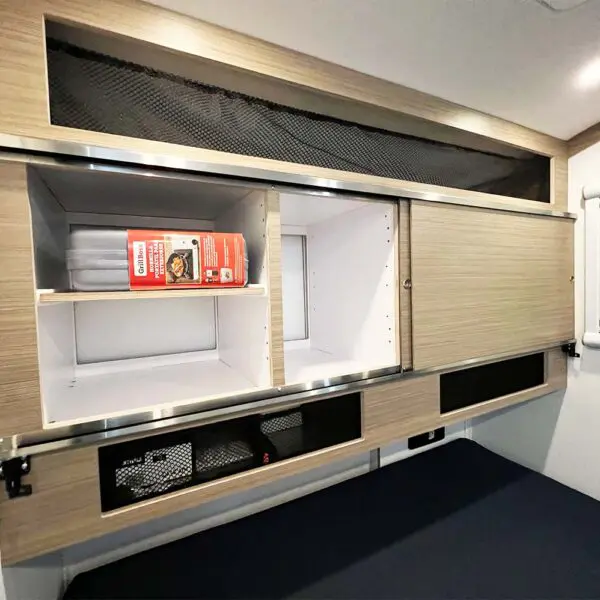
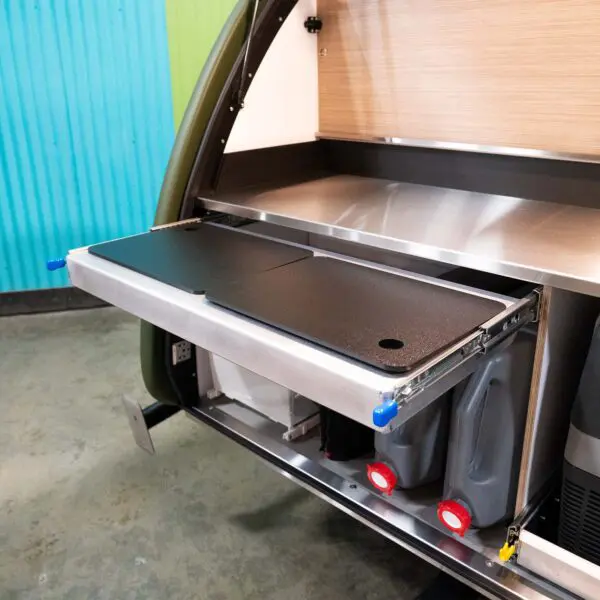
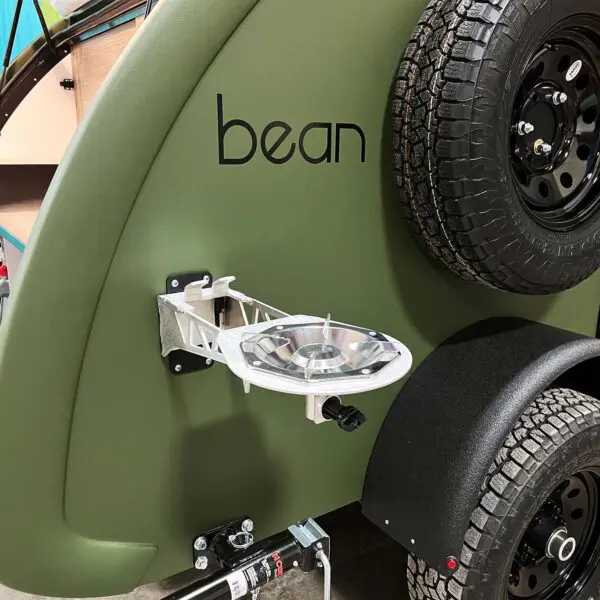
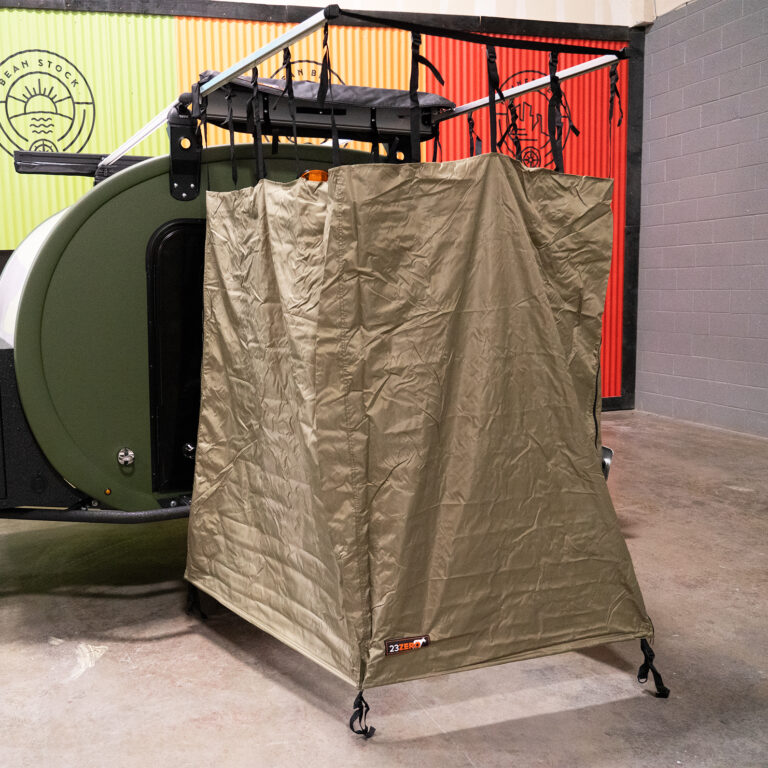
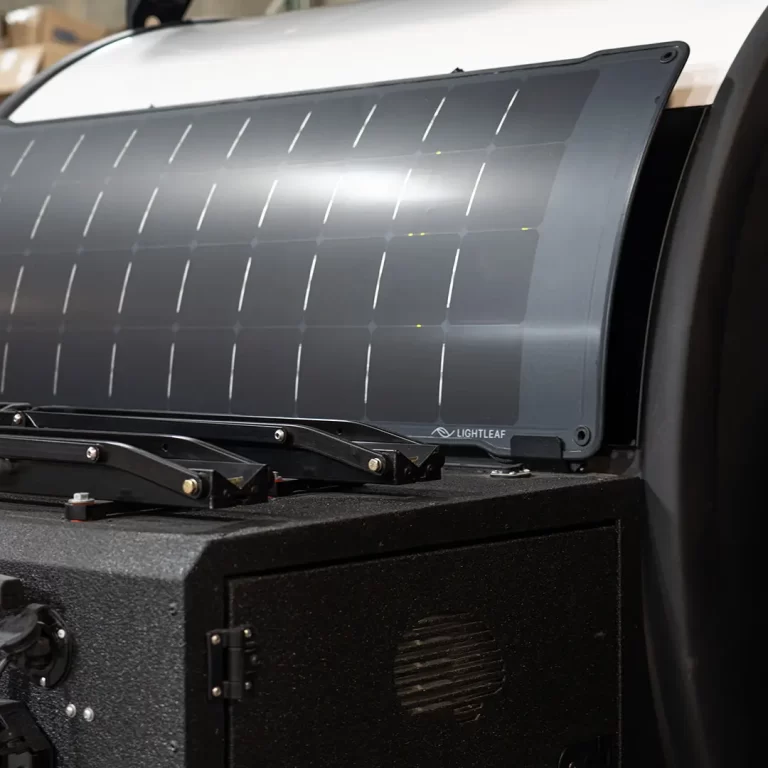
Bean Squared is a compact off-road trailer that maximizes interior space while prioritizing comfort and functionality. With indoor and outdoor cooking options, a queen-size bed, fold-out couch, and essential kitchenette, it’s your perfect home away from home.
Bean Trailers are more than just beautiful teardrop campers; they’re built for generations of adventure. That’s why we choose fiberglass for our shells – it’s a material that stands up to the rugged demands of the Utah landscape and beyond. Here’s why fiberglass is the superior choice for your Bean Trailer:
Fiberglass trailers are known for their exceptional lifespan. Unlike aluminum, which can dent and corrode, fiberglass resists the elements, retaining its structural integrity and visual appeal for years to come. This means your Bean Trailer will not only hold its value but potentially even appreciate over time.
Our one-piece fiberglass shells eliminate the weak points found in trailers with multiple panels and seams. This translates to a more robust structure that can handle the bumps and jolts of off-road exploration with ease.
Fiberglass shrugs off hail, rain, and snow, while aluminum trailers are prone to denting and water damage. With a Bean, you can confidently embark on any adventure, knowing your investment is protected.
Fiberglass is naturally resistant to rust and corrosion, requiring minimal upkeep to stay looking its best. Spend less time maintaining your trailer and more time enjoying the great outdoors.
The inherent sound-dampening qualities of fiberglass create a peaceful interior, even when traveling on rough terrain. You’ll appreciate the serenity of your Bean Trailer during long drives and restful nights.
Fiberglass production boasts a lower embodied energy compared to aluminum, meaning it requires less energy to manufacture. Additionally, its long lifespan reduces the need for frequent replacements, making it a more sustainable choice.
We understand that every adventurer is unique. That’s why we offer a range of Bean Trailers, each with its own personality and features. To help you find your perfect fit, our side-by-side comparison chart makes it easy to see how our models stack up. Whether you prioritize space, weight, off-road capability, or specific amenities, a quick glance at the chart will reveal the ideal Bean for your next journey.
Your adventure, your Bean. Let’s build it together.
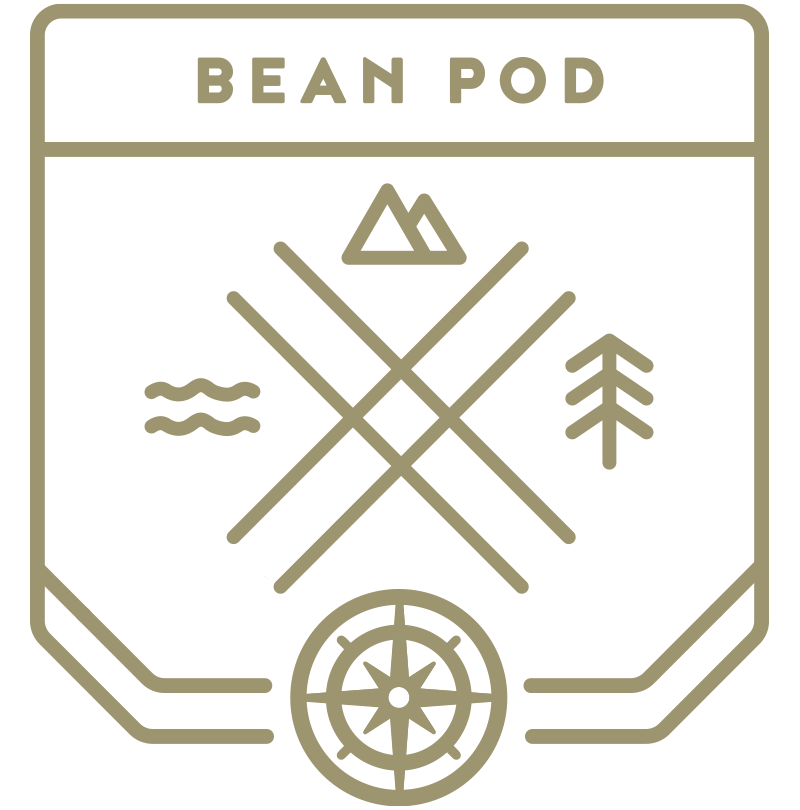
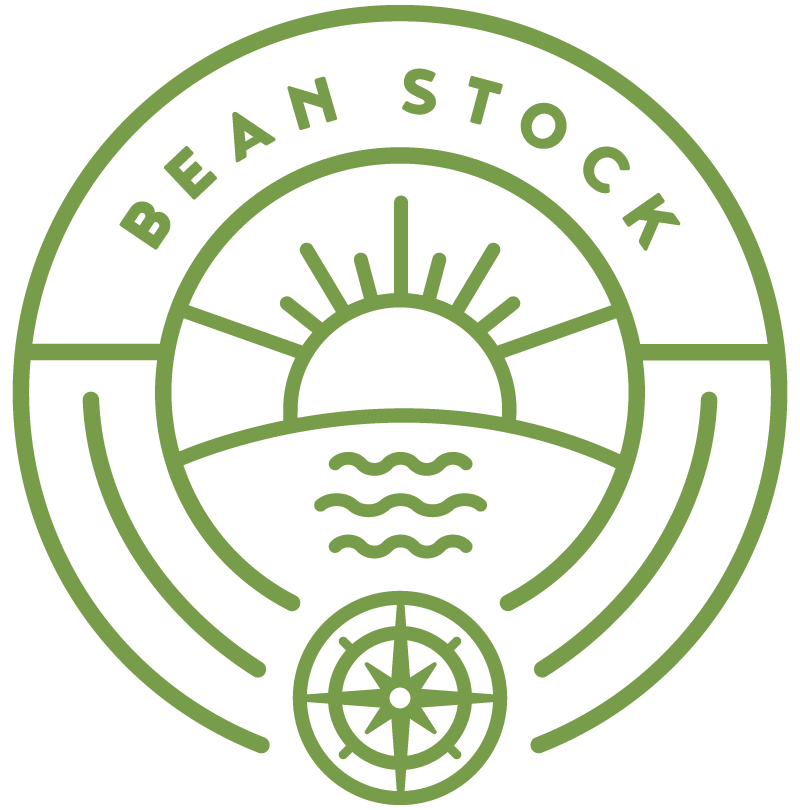
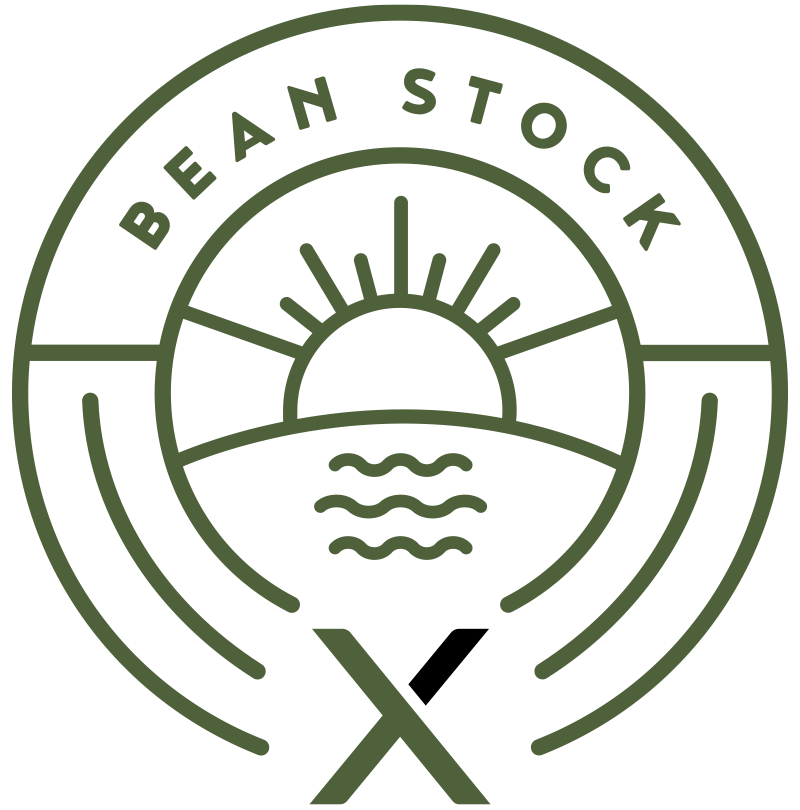
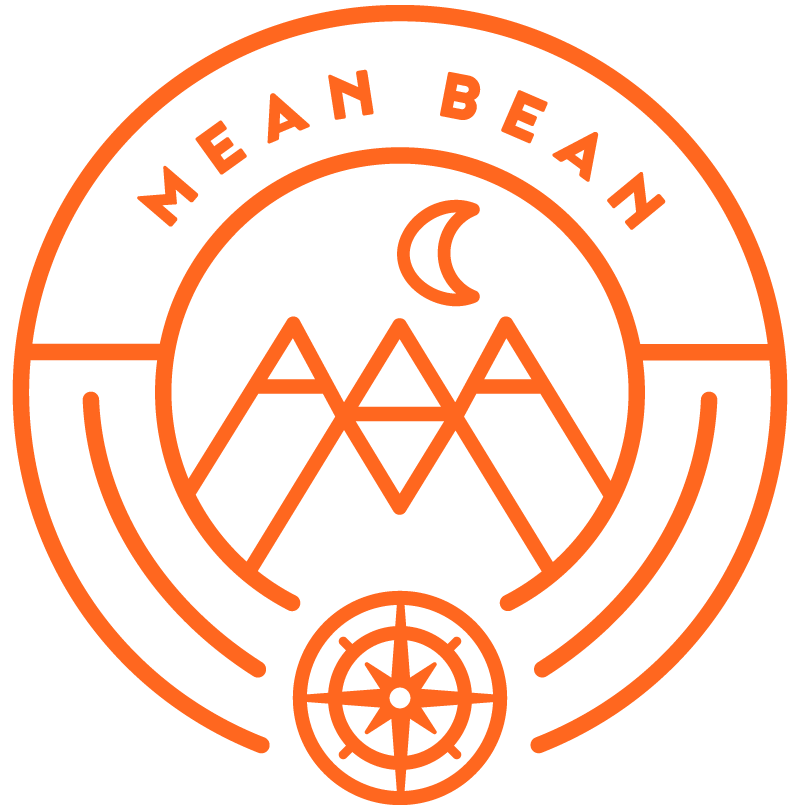
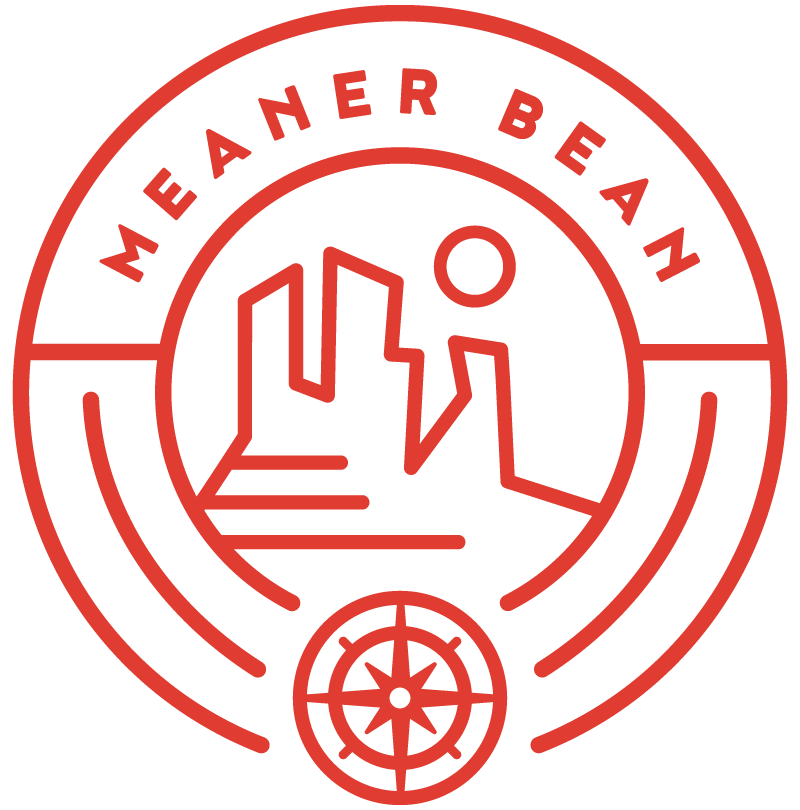

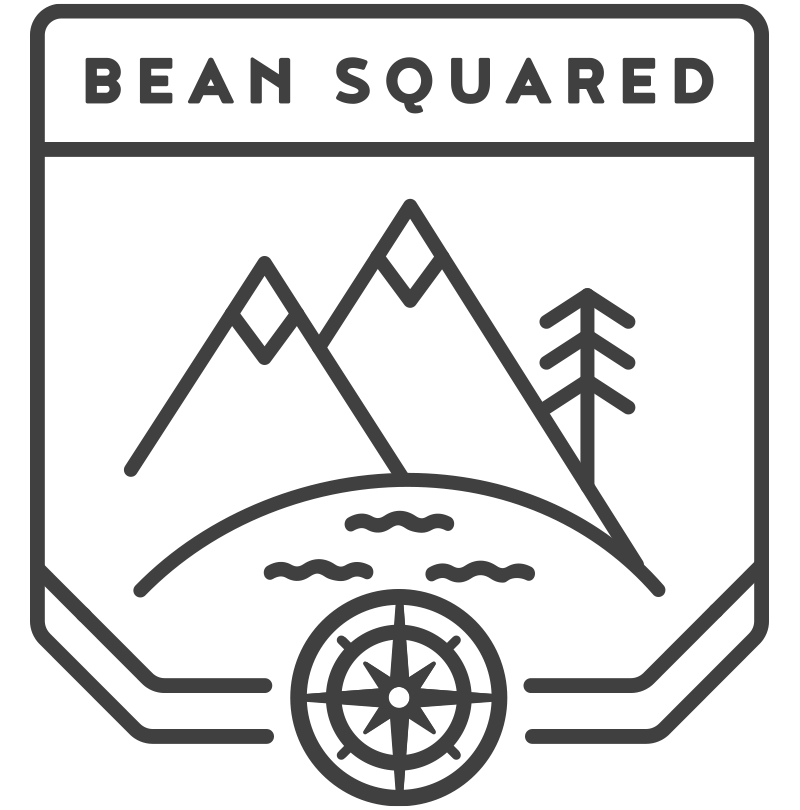
Bean Pod is compact, rugged, and built for gear-heavy adventures. An ideal choice for overlanders wanting storage and off-road durability.
Bean Stock is affordable, lightweight, and capable. This trailer is made to enjoy the great outdoors without the hassle of tent camping.
Bean Stock X is an upgraded off-road trailer for campers who want more capability, storage, and self-sufficiency without sacrificing towability.
Mean Bean is for the rugged adventurer looking to go off-road and take their camping trips to the next level with greater safety and comfort.
Meaner Bean offers a great balance between off-road capability and comfort. This model includes a Timbren 3500 lb. HD independent suspension.
Black Bean is our most premium and off-grid capable teardrop trailer yet! This trailer continues the tradition of functional design, and quality construction.
Bean Squared maximizes interior space while keeping its footprint compact. It blends rugged capability with luxury comfort for life on the trail.
$23,750
$19,999
$31,975
$29,990
$30,990
$44,690
$74,995
Aluminum structure
One-piece fiberglass shell
One-piece fiberglass shell
One-piece fiberglass shell
One-piece fiberglass shell
One-piece fiberglass shell
Aluminum structure
✖
✖
✖
✔
✔
✔
✔
✔
✔
✔
✔
✔
✔
✔
✔
✔
✔
✔
✔
✔
✔
✖
✔
✔
✔
✔
✔
✖
Stand-on aluminum
Aluminum
Stand-on aluminum
Stand-on fiberglass
Stand-on fiberglass
Stand-on fiberglass
Aluminum
n/a
83″
81″ – 87″
81″
83″
86″
91″
80.75″
84.5″
81″ – 90″
83″
85″
88″
n/a
85″
85″
88″
88″
90″
90″
12′ 6.5″
14′ 0.25″
14′ 0.25″
14′ .025″
14′ 0.25″
15′ 2″
16′ 7″
24″
17″
24″
15 1/2″
17″
20″
24″
205/75R15
235/75R15
235/75R15
30X9.50R15LT
285/75R16
52.75″ x 55.5″
60″ x 80″
60″ x 80″
60″ x 80″
60″ x 80″
60″ x 77″
82.5″ x 50″
38″
54 1/2″
54 1/2″
54 1/2″
54 1/2″
54 1/2″
94.5″
n/a
58″ x 78″
58″ x 78″
58″ x 78″
58″ x 78″
58″ x 78″
62″ x 78″
n/a
4″
4″
4″
4″
4″
6″
n/a
n/a
n/a
12.5″
12.5″
12.5″
n/a
Side rack-out galley
Side galley
Side rack-out galley
Rear hatch galley
Rear hatch galley
Rear hatch galley
Side rack-out galley + Interior kithcen
42″ – 46″
28″ & 39″
33″ – 45″
39 1/2″
41 1/2″
44 1/2″
35″ – 38″ & 36.5″
140 lbs
140 lbs
205 lbs
180 lbs
200 lbs
350 lbs
350 lbs
1400 lbs
1175 lbs
1500 lbs
1850 lbs
2000 lbs
2600 lbs
2595 lbs
2000 lbs
2000 lbs
3500 lbs
3500 lbs
3500 lbs
3500 lbs
3500 lbs
Front tray mount
Driver-side wall mount
Driver-side wall mount
Passenger-side wall mount
Passenger-side wall mount
Passenger-side wall mount
Under-frame mount
n/a
(1) Rear operable window
(1) Operable window in door
(1) Rear operable window
(1) Operable window in door
(1) Side operable window
(2) Port hole window in door
(1) Side operable window
(2) Port hole window in door
(2) Side operable window
(2) Port hole window in door
(4) operable window
Removable Max Coupler – fully articulating hitch
Removable 2″ ball coupler
Removable Max Coupler – fully articulating hitch
Removable 2″ ball coupler
Removable Max Coupler – fully articulating hitch
Cruisemaster DO35 articulating pin coupler
Removable Max Coupler – fully articulating hitch
19.5″ – 24″
18″
19.5″ – 24″
18″
18″
18″
20″ – 24″
Bean trailing arm air suspension
Timbren 2000 HD suspension
Bean trailing arm air suspension
10° pitched torsion axle
Timbren 3500 HD independent suspension
(axle-less)
Timbren 3500 HD independent suspension
(axle-less) with 2″ lift
Bean trailing arm air suspension
Minimum recommended vehicle tow capacity
2000 lbs
1500 lbs
2700 lbs
2700 lbs
2700 lbs
3500 lbs
5000 lbs

There’s nothing quite like seeing a Bean Trailer in person. Schedule your showroom visit today and discover the perfect model for your next adventure. We can’t wait to welcome you to our Salt Lake City location!
There’s nothing quite like seeing a Bean Trailer in person. Schedule your showroom visit today and discover the perfect model for your next adventure. We can’t wait to welcome you to our Salt Lake City location!
Fiberglass is better than aluminum in every major attribute relevant to building a durable teardrop trailer.
We have been fabricating in aluminum for more than 18 years and fabricate 3 times as many aluminum products as we do fiberglass products (see our associate company sterlingatm.com).
If aluminum were a better material for a trailer, it would be easier and cheaper for us to build Bean Trailer that way. We believe in using the right material for the right application and that material is fiberglass for Bean.
No, we are comparing aluminum to sculpted fiberglass that is pulled from a mold in the shape of the trailer. There is a huge advantage in thickness, strength and durability to a molded shell compared to a thin sheet material in fiberglass or aluminum.
It is easier. There are many times more metal shops than fiberglass shops so that expertise is more available and the barriers to entry are lower. This means you do not need as much expertise and investment in equipment to start fabricating in aluminum, so that is why it is used. In fact, it is so much easier to build in metal that the original teardrops were built at home using surplus aluminum from WWII bombers.
No, fiberglass materials are more expensive, and it requires a large investment in expertise and set up.
With the exception of Airstream, molded fiberglass trailers such as Casita, Oliver, Scamp and Bean retain their value better than aluminum trailers. See https://campergrid.com/fiberglass-vs-aluminum-rv/
In fact, some Bean owners have been able to sell their Beans for what they bought them for or more. The average fiberglass trailer is 10-12 years old, and it will last much longer with minor care and maintenance.
Fiberglass. Fiberglass can be laminated and shaped to be structural without additional support. That is why our one-piece shell adds significant strength to the overall structure. The aluminum sheets typically used on teardrop trailers are flimsy and do not have the inherent structural strength of a molded fiberglass shell.
Fiberglass. Fiberglass will flex and not dent under significant impact. (see our YouTube videos where we attack Bean with a sledgehammer). Aluminum dents very easily. That is why aluminum trailers are notorious for hail damage.
This one is easy, fiberglass. Aluminum is a great conductor of heat and cold. It is so good it is used in heat sinks to quickly transfer heat. In fact, you would be hard pressed to find a better exterior material to transfer heat and cold into your trailer than aluminum. The exception is clear anodized aluminum like an Airstream which reflects heat with its mirrored finish.
Fiberglass is a great insulator and that is why it is used to make insulation! In fact, you probably have fiberglass insulation in your home keeping you warm in the winter and cool in the summer. Do you want an exterior skin that inherently transfers heat and cold into your trailer or insulates from it?
When it comes to design flexibility and artistry, fiberglass wins by a long shot. We could not have sculpted Bean to win a design award if we fabricated it in aluminum. More importantly, you can mold fiberglass into a strong structural shape like the Bean dome with no roof seams to leak water.
Without extremely expensive stamping machines or artisans, aluminum is limited to how you can fold it or bend it. That typically means you will have a seam where the roof and side walls meet and that means risking exposure to roof leaks
You guessed it, fiberglass! The non-porous surface of aluminum is a terrible surface to bond paint. That is why you must introduce primers, scuffing and etching to get them to bond. Fiberglass and paint are molecularly similar, so they love each other and form a much stronger bond. Better paint adhesion means less risk of paint chips or even peeling. This is particularly important when you consider all the debris your tires are going to fling at your trailer’s paint job!
The base material (aluminum or fiberglass) has nothing to do with the durability of the finish. The durability of the finish has everything to do with the quality of the paints and gelcoats you use. When it comes to UV resistance, you get what you pay for. We use expensive automotive grade paints and the best UV resistant marine grade gelcoats on Bean.
Aluminum is good, but fiberglass is better. That is why so many industrial storage tanks are made of fiberglass.
This one is a tie. We repair both the same way with typical bodywork (Bondo and paint). Most body shops can repair fiberglass damage to your trailer and if they will not, a boat shop can easily do so.
Aluminum is very abundant but fiberglass is even more so. From this standpoint, fiberglass is sustainable because the main ingredient in fiberglass is glass and glass is made from sand, an abundant, natural, non-depleting resource. The more durable a trailer, the longer it will last and the less need for disposal. Less disposal means less waste and more sustainability. Fiberglass trailers last longer than aluminum trailers.
Fiberglass is known for its very low embodied energy – the total energy required to produce a product from the raw materials stage through the delivery of fiberglass products. In comparison, aluminum extraction requires an excessive amount of electricity. The joke about aluminum is that it is “congealed electricity” https://theconversation.com/the-trouble-with-aluminium-7245 . Shockingly, 3% of the world’s entire energy supply goes to aluminum extractions!
Aluminum expands and contracts more with temperature changes and, yes, you should care if durability is important to you in a trailer. Think about it. Your trailer can experience changes in temperature that can range from below zero to plus 150 degrees when you account for radiant heat. The materials of your trailer grow and shrink with those fluctuations and those cycles create stresses on fasteners, seals, and joints.
Fiberglass has one of the lowest rates (coefficients) of thermal expansion so it minimizes that stress. Aluminum has one of the highest coefficients of thermal expansion so it accentuates those stresses. Do you want a trailer with fewer seams (one-piece shell) and a material that minimizes the stresses of thermal expansion or one with more seams, more growth, and more stress with temperature changes?
There’s nothing quite like seeing a Bean Trailer in person. Schedule your showroom visit today and discover the perfect model for your next adventure. We can’t wait to welcome you to our Salt Lake City location!
